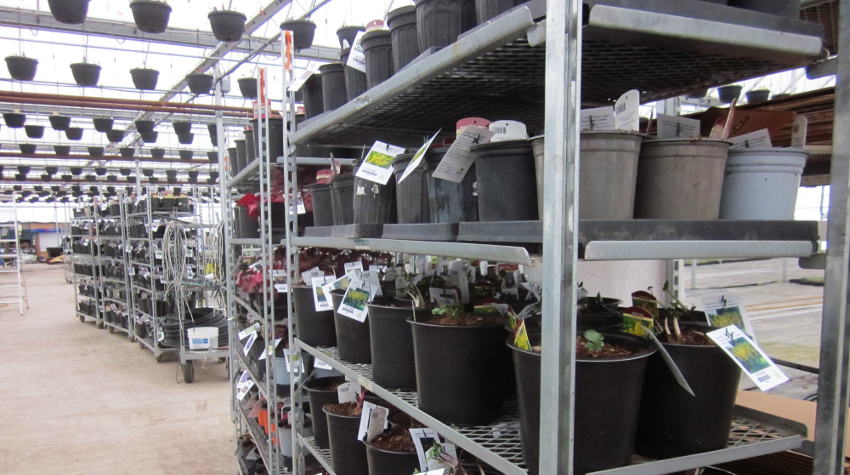When we hear the term sustainable, we automatically think environmental. But, I think, there's more to it than that.
Buzz-words and marketing hype are everywhere. They tell us how to make our lives better by getting more "stuff" and "saving more". I get somewhat discouraged by all that marketing. Why? Because it's not sustainable.
To me sustainability is all about things being able to last long-term. Yes, there is the environmental version, but putting that context on the back-burner, there's another one. There's the people behind the product making a living. It's giving people a means to survive. It's continuing tradition. It's having all the little folks out there fulfilling their passion and putting food on the table for their family. That's sustainable to me.
But there's a lot of things in our society that aren't conducive to that. We read about it all the time where small operations are either closing up or consolidating and merging with others. Sacrifices are being made to our favourite products to keep the prices low. The other day I tried a beer I used to like before it was taken over a number of years ago by one of the big-boys, and my beer just didn't taste right. It's not that I'm against the company, but there were sacrifices made to the product. It simply didn't taste the way it used to. Some little bit of extra care and attention were lost. We hear the same thing happening to our favourite little coffee shops that are absorbed by the corporate machine. Value must be provided to the shareholders so costs must be trimmed and sacrifices made.
When I look at the garden world I live in, growing plants, growing food, and doing it with pride, I see how our products have been devalued over time. Once upon a time, dozen long-stem roses were really special. I would gladly pay $100 for a dozen roses for my wife to show her how special she is. Now we're so exposed to inferior $19.99 dozen roses, it's begun to seem like a cheap gesture and not something special. Once upon a time, we'd put a poinsettia in our home and have it for months. We'd savour the colours and the care that went into that plant. Now I see the most pathetic examples of poinsettias at unnamed sources with a lifespan of maybe a week or two. But they're cheap and have some colour. We get people who want pumpkins for $1. Or a bushel of tomatoes for less than the going price twenty years ago. I don't understand how cheap won out in almost everything around us. That's where sustainability collapses.
Don't get me wrong, I like value as much as the next person. A fair value product is different than cheap, though. That may be something that costs more, but lasts longer. If you don't need to replace it over and over, you save money in the long-run. Having something built right and with pride will always win out. Doing something properly takes time, effort, and money, but there is long-term value there. A more expensive good quality tool will last longer than a cheap discount tool. A well designed frying pan will prevent burning some foods so it will cost you less in the long run. A good fridge keeps food longer. Quality over quantity.
When I see the dirt-cheap product, I no longer react on price. I think. Is this a good product? Will it last? Are there better options that provide better value? What sacrifices were made to the product just to hit that special discount price? In the long run, is it worth it?
I believe in doing things right. That means growing my flowers in a way that makes them healthier. I believe in giving local people employment. I believe in having a team that enjoys what they do and can take pride in their work. I believe we should get excited about what we do. My strawberry growing methods use many times more labour than most others because I know and I can see my strawberries respond far better to hand-cultivation. I grow my fall mums in a way I believe produces strong plants with superior colour and longevity. My poinsettias cost a lot to grow, but they benefit so many people. I grow my flowers to maximize your success, not to maximize shelf-life.

